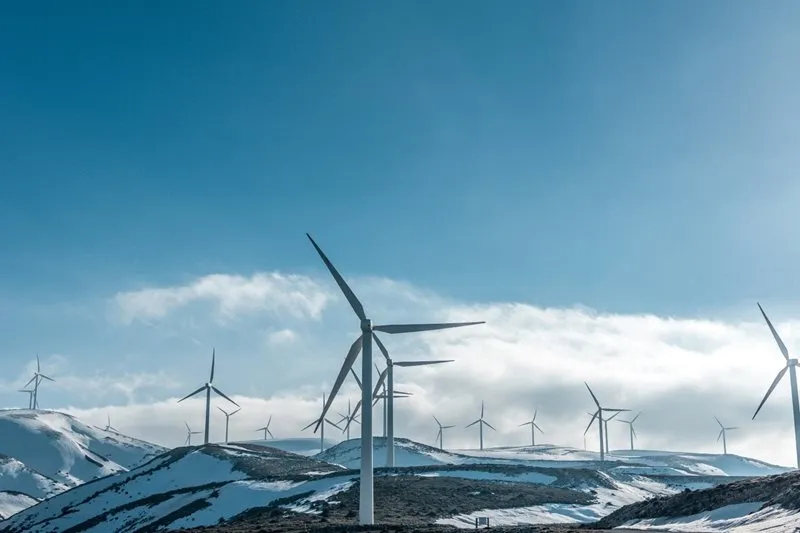
Germany has deepened its support for South Africa’s energy transition, approving a €500 million concessional loan aimed at accelerating the country’s shift away from coal.
The funding, part of the Just Energy Transition Partnership (JETP) launched at COP26, is designed to help coal-reliant economies pivot toward renewable energy sources.
The new loan, facilitated through Germany’s public development bank KfW and implemented by the German Corporation for International Cooperation (GIZ), is structured over a 13-year term with a three-year grace period and a fixed interest rate of 4.31%, according to Africa Business Insider, citing Bloomberg.
This latest disbursement brings Germany’s total concessional loan support to South Africa under JETP to €1.3 billion, following earlier packages in 2022 and 2023.
The funding seeks to bolster South Africa’s short- and medium-term energy security, while advancing its broader decarbonisation agenda. Currently, nearly 80% of the country’s electricity is generated from coal—a rate among the highest within the G20.
The transition poses enormous challenges, but also presents opportunities for structural reform and the development of a greener, more inclusive economy.
“The Just Energy Transition Partnership is more than a climate pact; it’s a vehicle for balancing emissions reduction with social justice and sustainable growth,” said a spokesperson familiar with the JETP negotiations.
Launched in Glasgow, the JETP is backed by several major donors and multilateral institutions, including France, the United Kingdom, the United States, the European Union, the World Bank, the African Development Bank, JICA, and the OPEC Fund for International Development. To date, the initiative has mobilised $8.3 billion in support for countries seeking low-carbon development paths.
Despite these gains, South Africa’s reliance on coal remains deeply embedded in its economic fabric. Aging infrastructure, frequent electricity shortages, and the need to protect livelihoods in mining communities continue to complicate the transition. Yet, international partners hope the South African experience will offer a blueprint for other countries navigating the complex interplay of development and climate responsibility.
As South Africa begins to operationalise this latest tranche of support, global eyes remain fixed on whether the country can successfully steer through its energy crossroads—and in doing so, light the path for others.



